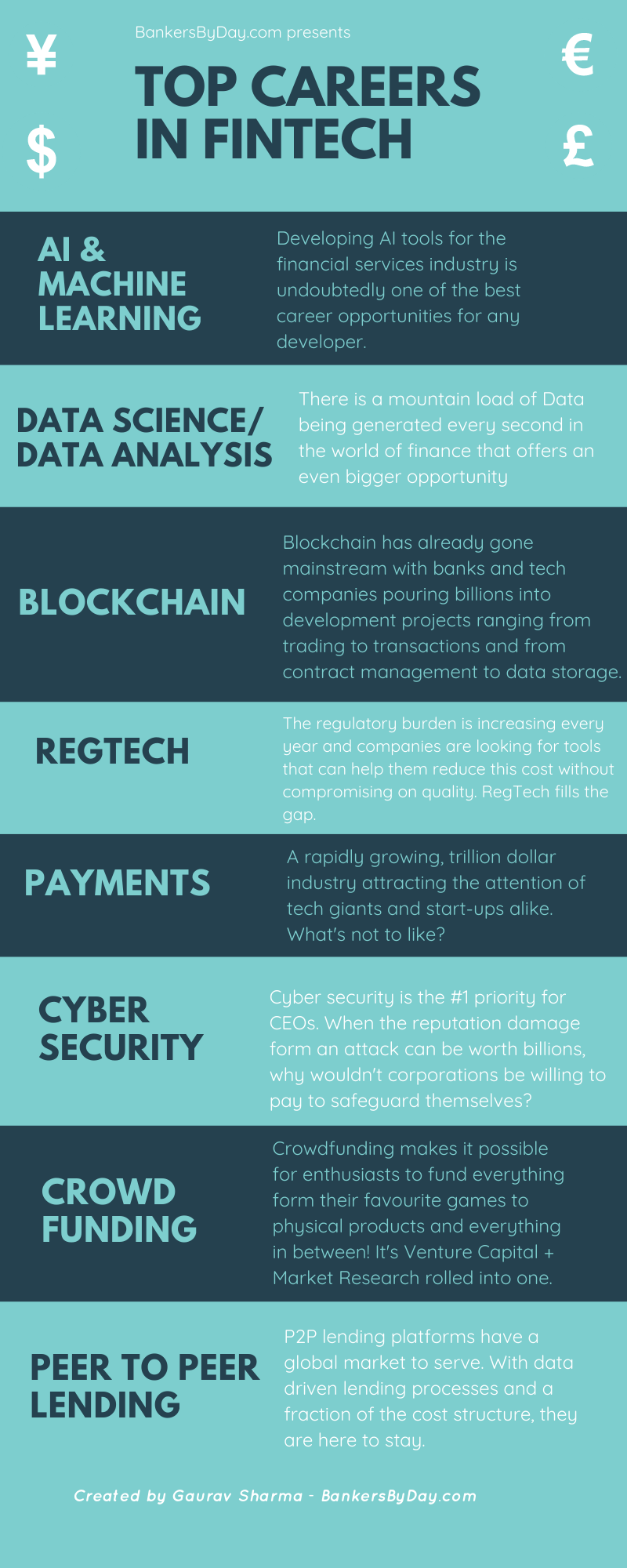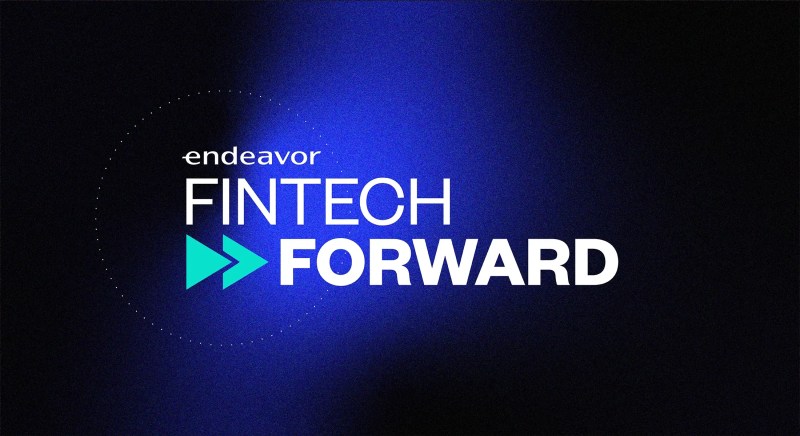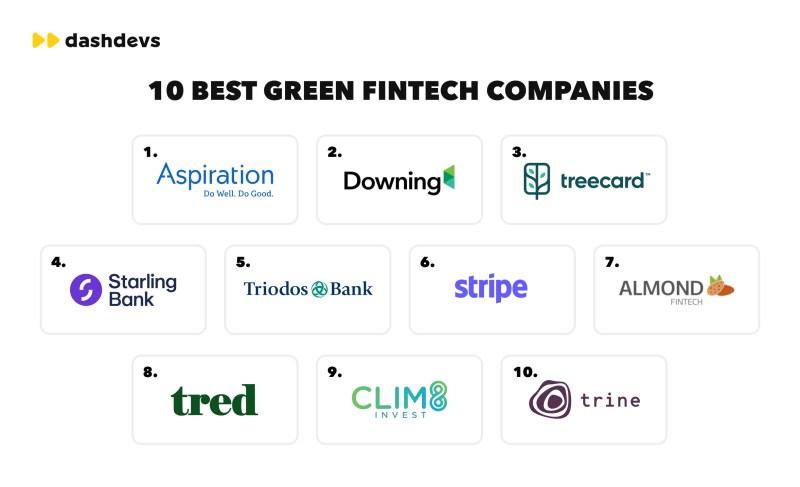
Fintech Users In Us – Fintech is a dynamically developing industry at the intersection of financial services (as the name suggests) and technology. In an increasingly cashless world, fintech companies are among the most powerful technological advances that are expanding their influence. For example, according to the Baku report, half of the world’s population will use mobile wallets by 2025. Facts and figures
Before we get into the trends, let’s run through some numbers, shall we? According to a study by Dealroom, European fintech companies set a new historical record by raising investments of 10.4 billion euros in the first half of 2021. According to the study, there are currently more than 30 fintech unicorns operating in Europe, and several companies are expected to reach a valuation of $1 billion soon.
Fintech Users In Us

Earlier this year, mobile marketing company Liftoff partnered with analytics platform Annie to publish its annual Mobile Finance App Report. According to the report, financial apps were downloaded 4.6 billion times globally, a 15% increase compared to 2019. Users spent 16.3 billion hours on apps, a 45 percent increase over last year.
Top Fintech Marketing Trends And Strategies
The numbers above are self-explanatory and prove that fintech is influencing the way people interact with money. The growth of fintech services has brought about changes in customer services, banking, insurance, asset and capital management.
The first trend that comes to mind when describing the state of fintech is consumer centricity. Nowadays, no one but customers influence product development, as big companies used to do. With this new paradigm in mind, fintech companies are creating entire departments related to demand research and customer experience design.
The second is environmental systems. Banking institutions are now creating an environment to cater to various customer needs beyond financial services. In other words, banks should strive to become stand-alone fintech companies, combining the flexibility and technical expertise of startups with the credibility of a financial institution.
As the world moves towards more complex systems, the lines between industries are blurring. The thing is, the fintech industry isn’t the only one going up. For example, the retail business is actively expanding its boundaries by introducing its own banking products and creating fintech startups.
How Can Fintech Help Small Businesses Succeed?
Modern banking institutions are trying to follow the digitalization trends in the financial services industry. Meanwhile, the market share of fintech startups is growing exponentially. They can quickly adapt to the new reality and it is easy to integrate their products and adapt them to different business objectives. Therefore, young market players attract more attention from investors.
If banks don’t respond immediately to the new rules of the game, fast-growing international startups that have no problem getting capital will gradually take their share. In the year 2021, we see collaboration between traditional banks and startups. The interesting changes started in the early 2020s when fintech startups started buying up smaller banks. For example, American Credit Services Lending Club acquired Radius Bank of Boston, a relatively young bank founded in the late 1980s.
Fintech startups are increasingly influencing the market. This growth is driven by the rise of open APIs, favorable regulatory developments and the expansion of financial markets. Two or three years ago, it was predicted that traditional banks would disappear and be replaced by neobanks, no doubt due to their effective business models. However, traditional banks have adapted well to the changes. They are adding non-banking options to their applications, forming partnerships with other market participants and collaborating with them to offer new services to their customers.

This trend, which has been going on for years, is not entirely new. However, the pandemic and the lockdown accelerated the growth significantly. This is especially true when we talk about mobile payment providers like Google Pay, Apple Pay, and Samsung Pay. Moreover, in such difficult times, many people try to trade stocks. As a result, the number of IIS and brokerage accounts opened by banks has increased. The number of online loans, consumer loans, guarantees and letters of credit have also increased.
Global Fintech Series Interview With Deepak Gupta, Volante
Not long ago, online service companies had no choice but to tie up with banks to accept payments. Now everything is very easy. A growing number of different financial services, such as CardConnect, Stripe and Amazon Pay, allow users to send and receive payments regardless of currency or platform.
Additionally, fintech enables non-financial organizations to expand their offerings, services and customer base. The technology allows money to be transferred directly from bank cards, so there is no need for a mobile terminal. You can even pay for goods or services with your smartphone or smartwatch: when you hold your device to the wireless terminal, the payment is ready to be made.
Ten years ago, handling international transactions was a huge challenge for online entrepreneurs and their customers. Now services like PayPal, TransferWise and Paysend make it possible to send large sums of money abroad within minutes.
Using fintech technologies, banking institutions are expanding their services, creating virtual service channels and introducing new ways of communicating with customers. For example, you can open an account without visiting a physical bank branch to help prevent the spread of Covid-19. The chart below shows a measurable increase in the use of fintech products and services after the virus spread.
Asean Fintech Funding Surges Tenfold Over Decade, Says Uob Report -asian Wealth Management And Asian Private Banking
The financial sector has changed for the better and today’s consumers pay and ultimately get exactly what they want. In general, the BaaS (Banking as a Service) market is currently growing. The demand for this type of service is very high among internet based companies. Banks are gradually moving away from traditional interactions. It is now clear that the future of customer service lies in digital and mobile services across banking platforms.
Modern banking and customer interaction is a set of communication products rooted in the human-controlled call center. Currently, it is a universal communication environment where you can access banking services and activities through the Internet, from phone conversations with speech recognition based on biometric authentication to instant messengers. All these innovations are aimed at facilitating access to financial services for many beneficiaries.
These activities result in better quality services and more opportunities for the community. Banking organizations use data analytics to better understand customer needs, predict future market demand, and develop services that can attract new customers based on these findings.
Fintechs and banks are strengthening their cyber security practices as new opportunities in the digital arena create new threats. As a result, the fintech cybersecurity market is expected to grow at a CAGR of 15 percent between 2018 and 2023. The McAfee report shows that by 2021, cybercriminals will cause economic losses of $6 trillion worldwide.
Importance Of Software Testing In Fintech
However, implementing appropriate security measures is a matter of available resources. While large banks can implement custom cyber defense infrastructure, the process is more difficult for companies with fewer resources. Not surprisingly, the market for information security technology is actively growing so companies can painlessly integrate off-the-shelf solutions into their infrastructure.
Big data, machine learning (ML), and predictive analytics tools have the potential to completely change the anti-fraud landscape. The average information security professional cannot analyze every incoming transaction, but machines can. Identity systems can provide strong protection for financial, insurance, and other organizations. This market is also growing actively and its size may exceed $50 billion by 2024.
Moreover, in the near future, financial technology will penetrate other industries and enable it to develop and expand. One thing is certain: fintech companies that do not ensure adequate data protection of customer assets will not be competitive.
Financial institutions realize that now is the time to develop a digital transformation strategy. The development of today’s fintech tools can be a huge competitive advantage and a guarantee to beat the competition. Also, financial technology permeates other industries and allows them to develop and expand.
Fintech And Ecosystems
Businesses including banks, insurance companies and retailers generally recognize fintech as the key to future success, and it looks promising for those who start using it as soon as possible. As they say, don’t ignore technological progress if you don’t want to catch up. The development of fintech tools and the adopted digital strategy ensure access to new markets.
P.S. Have an idea for a fintech solution? Our dedicated team of experts can help you through all stages of development, from MVP creation to final release. Check out our fintech case studies and contact us to discuss your project.
Our clients need to streamline and simplify their monthly accounting reconciliation process – preferably through automation. However, due to lack of time and low budget for custom manufacturing, developing end-to-end software was not an option. After understanding the problem and customer needs, we decided to implement Retool. It was the right choice.

Our team has developed a custom mediation tool specifically designed for high-end business environments. Automated processes are checked






